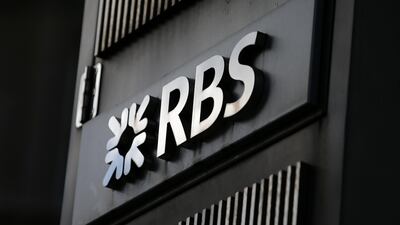Royal Bank of Scotland is in discussions with the Dutch central bank to use the Netherlands as its trading base in the European Union once Britain leaves the bloc, the bank said on Friday.
Chief Executive Ross McEwan said the bank plans to build-up its Amsterdam unit, acquired after RBS bought ABN Amro in 2008, so that its trading division NatWest Markets can continue to operate smoothly after Brexit.
He said that the unit currently has just a 'handful' of staff but plans to employ a total of around 150.
"NatWest Markets has reviewed ways to minimize disruption to the business and continue to serve its customers well in the event of any loss of EU passporting," the bank said in its half year report.
"Should the outcome of the current EU separation negotiations make it necessary, NatWest Markets is ensuring our existing RBS N.V.banking license in the Netherlands is operationally ready."
RBS has focused on banking in the UK and Ireland since being rescued with a £45.5 billion taxpayer bailout at the height of the financial crisis, meaning it would likely move fewer employees overseas than larger global investment banks.
"Setup costs will be in the low tens of millions, running costs also in the low tens of millions," Chief Finance Officer Ewen Stevenson told reporters
Amsterdam, with some of the world's fastest data links and a history of high-frequency trading has been attracting financial market platforms looking for a post-Brexit base in Europe with both Tradeweb and MarketAxess saying they would move to the city.
However its appeal to investment banks looking to move there has been muted by a cap on bonuses for workers in the financial services industry.
A rule limiting bonuses to 20 per cent of fixed pay was brought in by the Dutch government after the 2008 financial crisis. The country's parliament voted in June to scrap that limit in a non-binding consultative vote.
*Reuters

